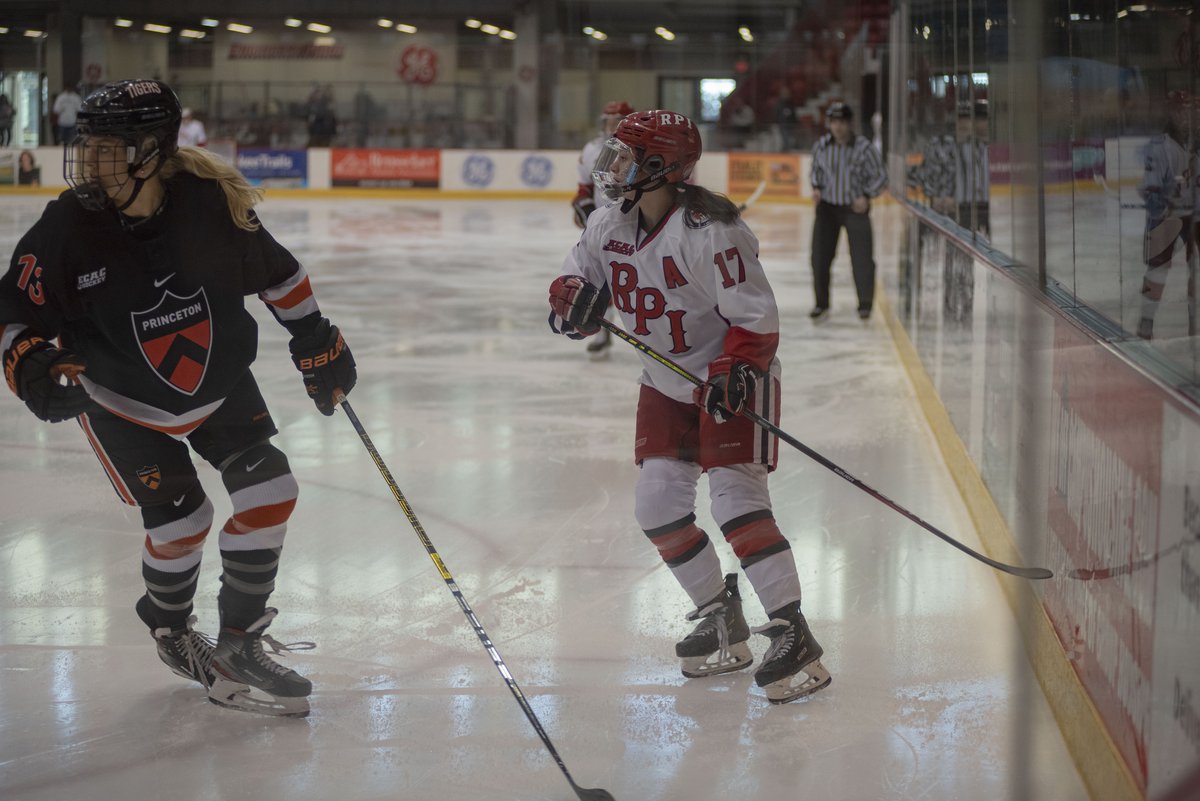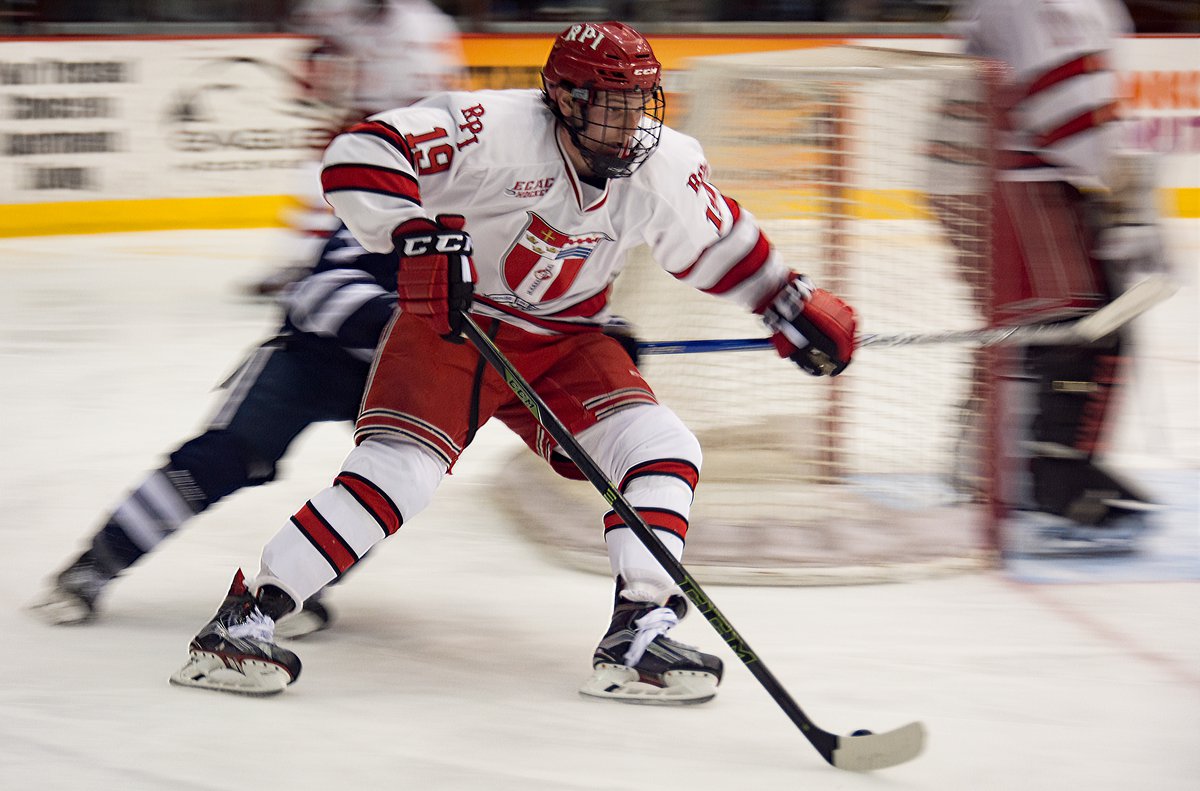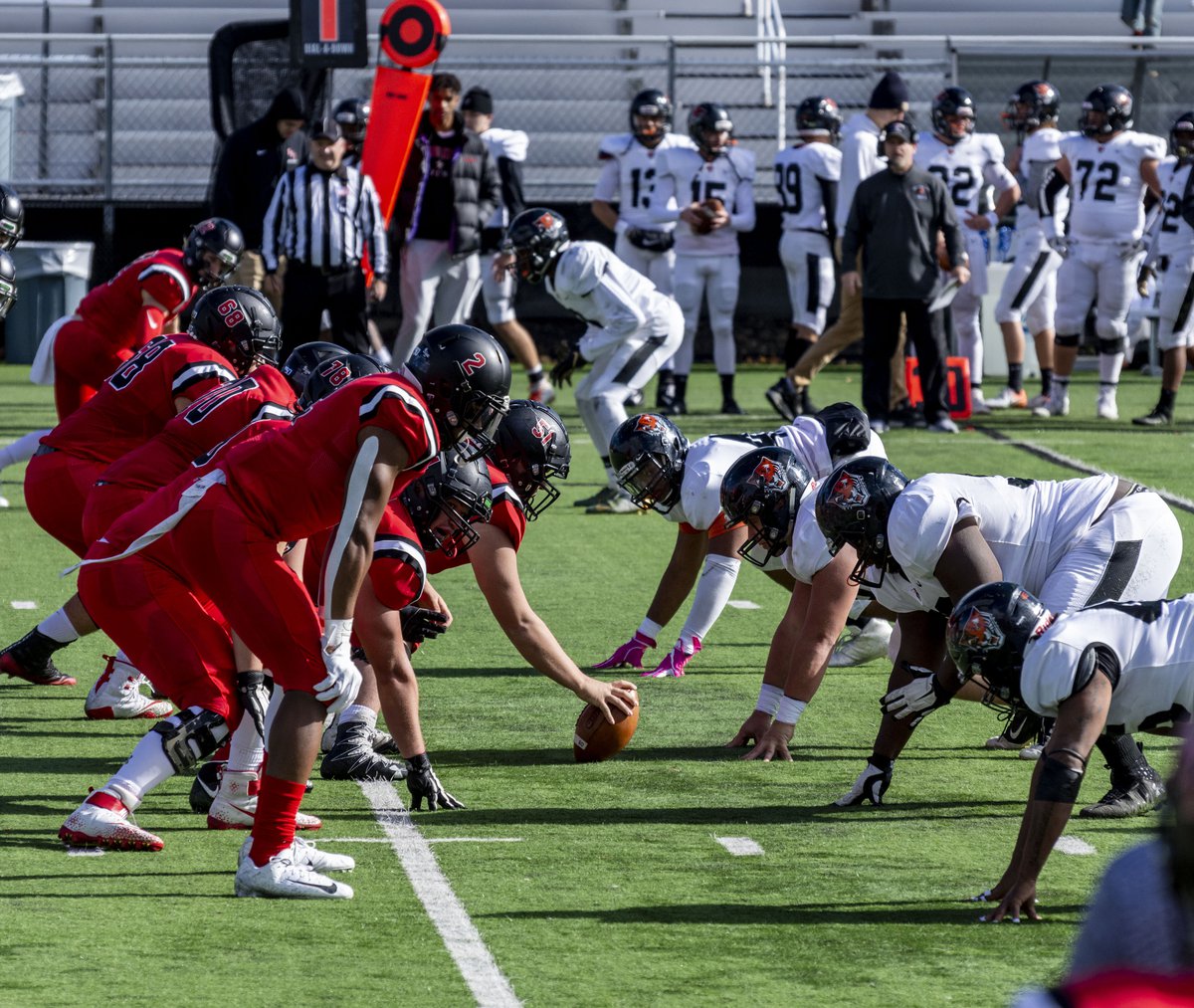Commemorating September 11 as an Arab American
Today marks the 20th anniversary of September 11, when four airliners were hijacked by members of al-Qaeda, an Islamic terrorist group. Two of those airliners were flown into the twin towers of the World Trade Center in New York City and the remaining two were flown into The Pentagon and a field in Somerset County, Pennsylvania.
The nearly 3000 resultant deaths had many Americans reach to their neighbors for support, united in their grief. Unfortunately, in their suffering, people searched for a scapegoat, and since al-Qaeda claimed responsibility for the attacks, Arab Americans were unfairly targeted.
The prejudice against Arab Americans after September 11 became such a nationwide issue that then-president George W. Bush spoke at a mosque on national television nine days later on September 20 assuring Americans that “the face of terror is not the true faith of Islam,” and “Islam is peace.” Despite this, in the months and years following 9/11, the United States still saw a clear spike in hate crimes towards Arab Americans and South Asians.
My mother recalls several stories of a post-9/11, divided America where being Arab American made her a target. She told me life after September 11 was the first time she felt like an outsider in her own country. On September 11 and the days following, while my mother was working in a New Jersey hospital, my babysitter was at our home with my brother and me. She answered our home phone to anonymous, obscene calls because our phone was listed under my mother’s last name, Ibrahim. My mother overheard coworkers discussing how our government ought to respond to 9/11, saying things like the government should round up everyone from the Middle East and send them back, including people like my grandfather, who, for decades, served his community as a physician. Or, that our government should bomb those countries into a sea of glass, an action that would kill thousands of innocent civilians— people who those same hospital workers would not have hesitated to help if they arrived in the emergency room days before.
This is not to take away from how horribly tragic September 11th was. Of the nearly 3000 dead, 400 were first responders and the remaining were innocent civilians who lost their lives because of religious extremism. Thousands of children were left to grow up in a world without one or both of their parents, a tragedy never to be rectified. But, individually and as a nation, we can not excuse hatred in the face of suffering. Unfortunately, it seems that this pattern of hate continues to this day, as seen most recently due to the COVID-19 pandemic.
The phrase “Never Forget” serves as a reminder to the 400 first responders who lost their lives on September 11, but we must also remember our response as a nation. The choice millions of Americans made to spread hate instead of choosing to recover. Research done by the Center for the Study of Hate and Extremism in March of 2020, near the beginning of the pandemic when the United States declared COVID-19 a national emergency, found anti-Asian hate crimes rose by almost 150% while the overall crime rate dropped 7%. With over 650,000 deaths, COVID-19 has claimed 200 times more lives than 9/11 and, despite COVID-19 not being an act of violence, Americans have chosen a similar response, retaliation against Asian Americans. No one will ever forget the events of September 11, but never forgetting includes the ability to forgive and the realization that hate has never mended the past.

 Women's Hockey
Women's Hockey
 hockey
hockey
 football
football